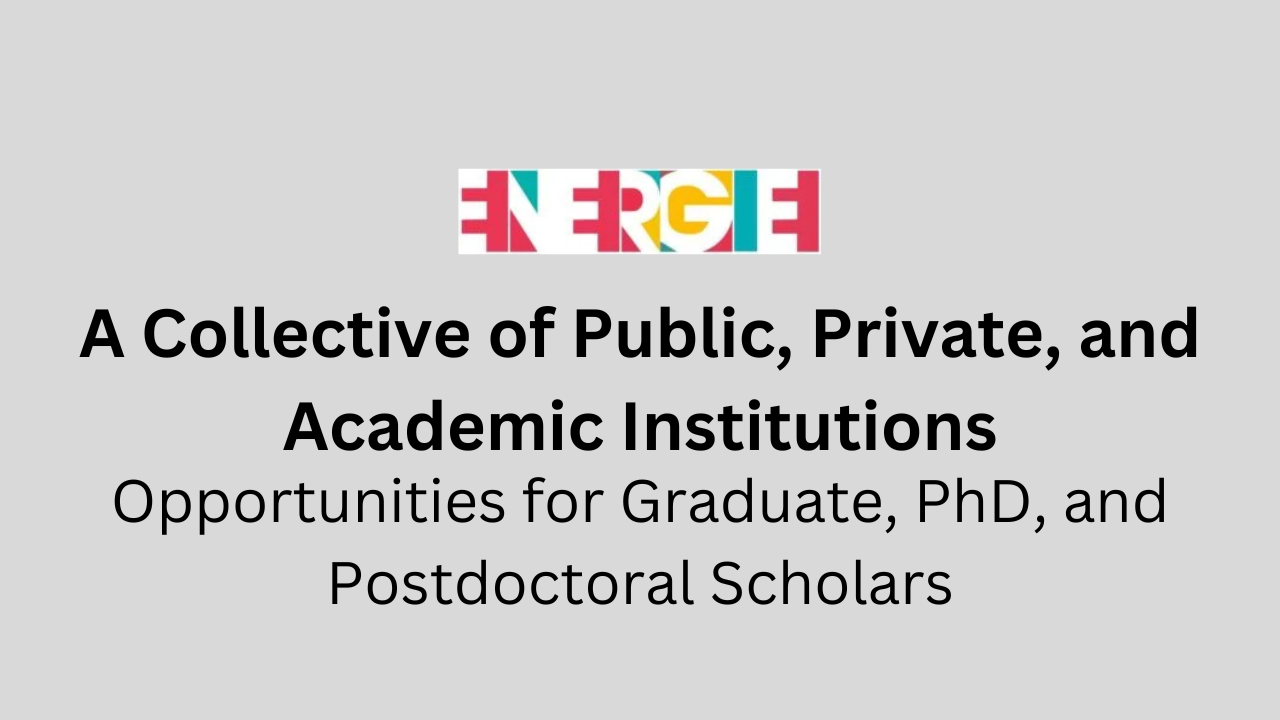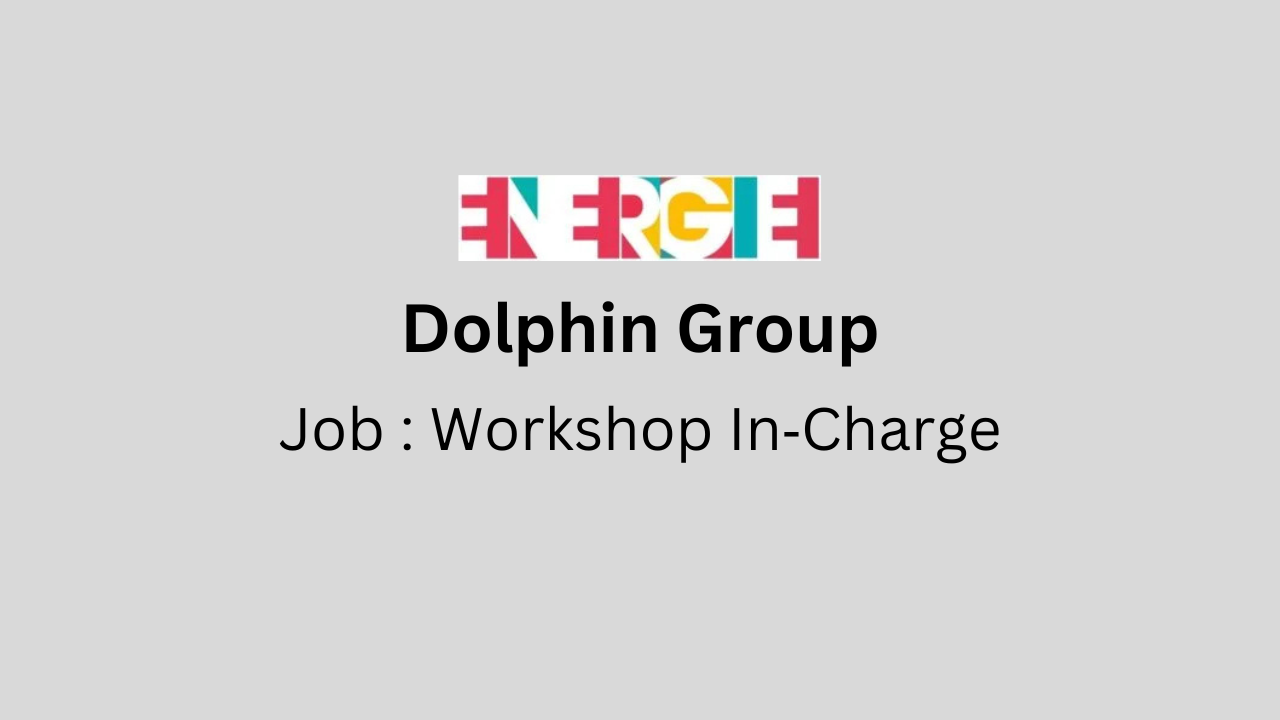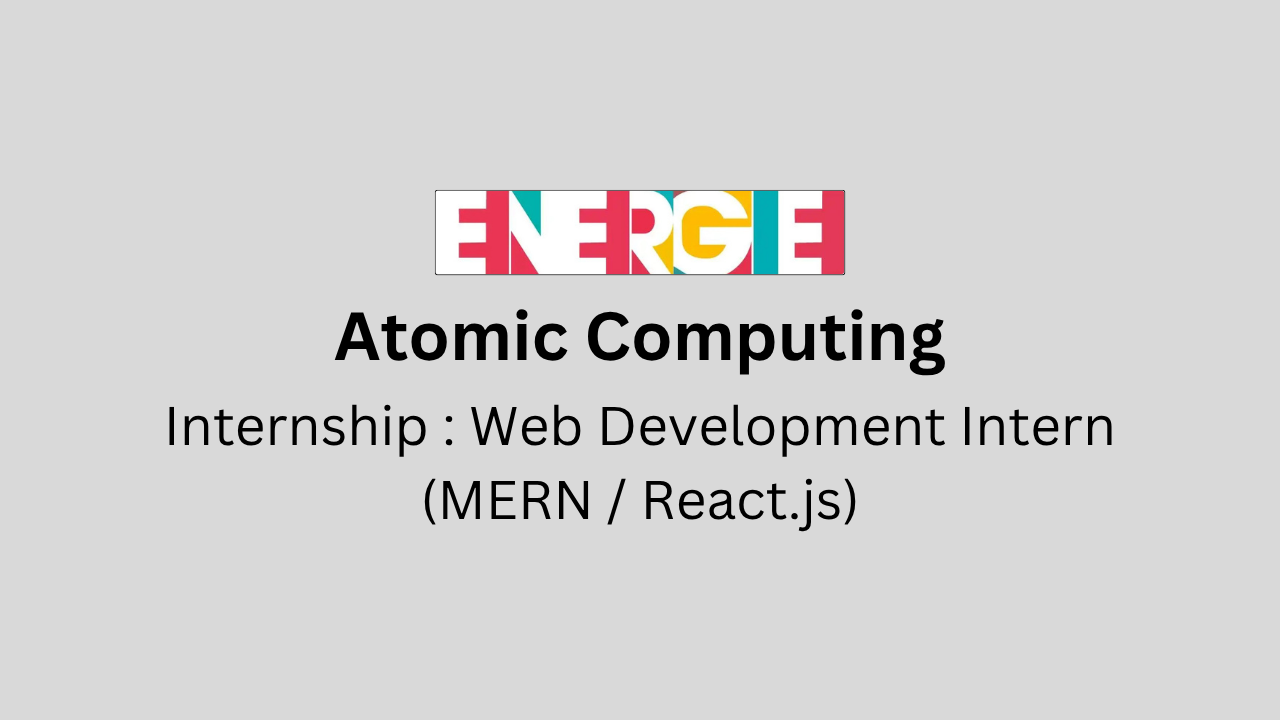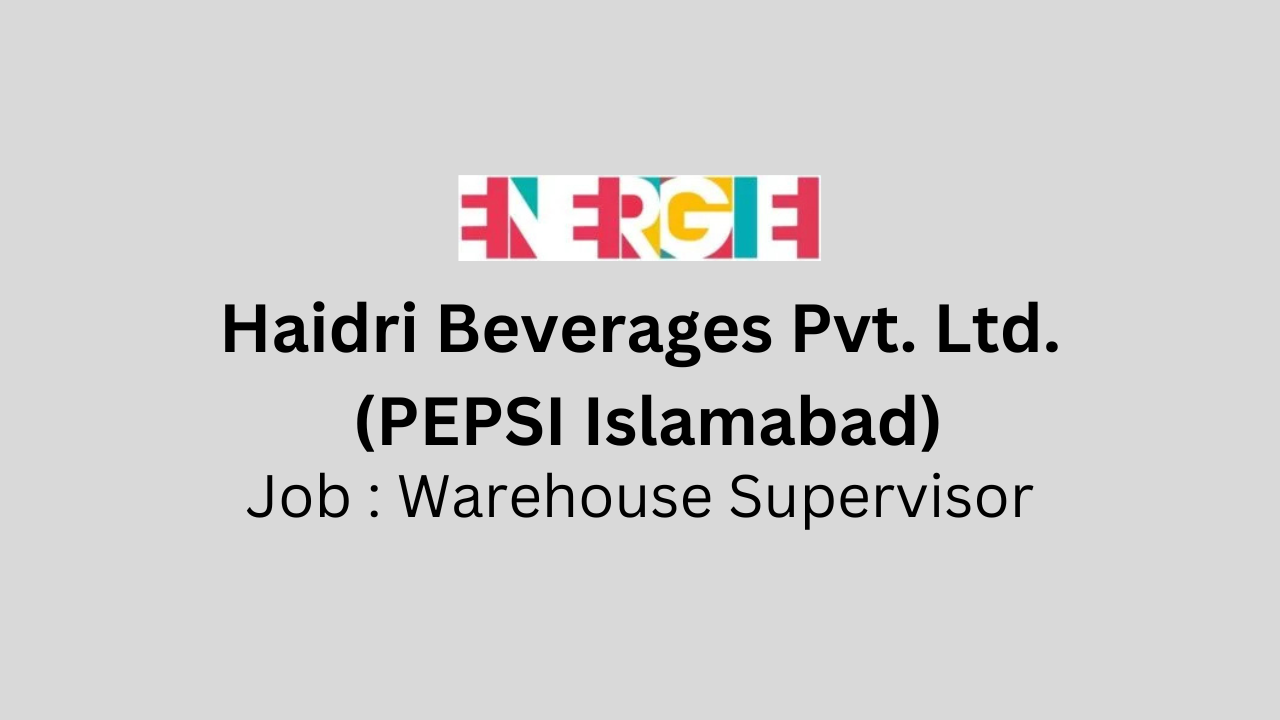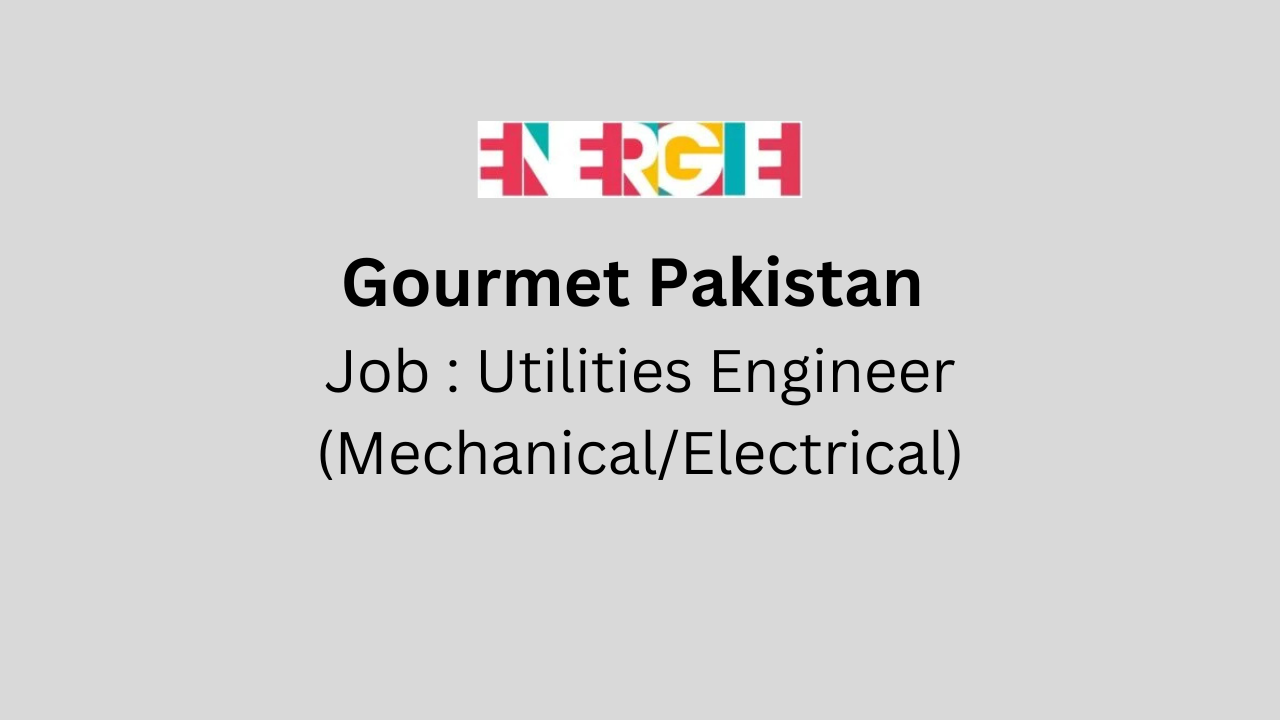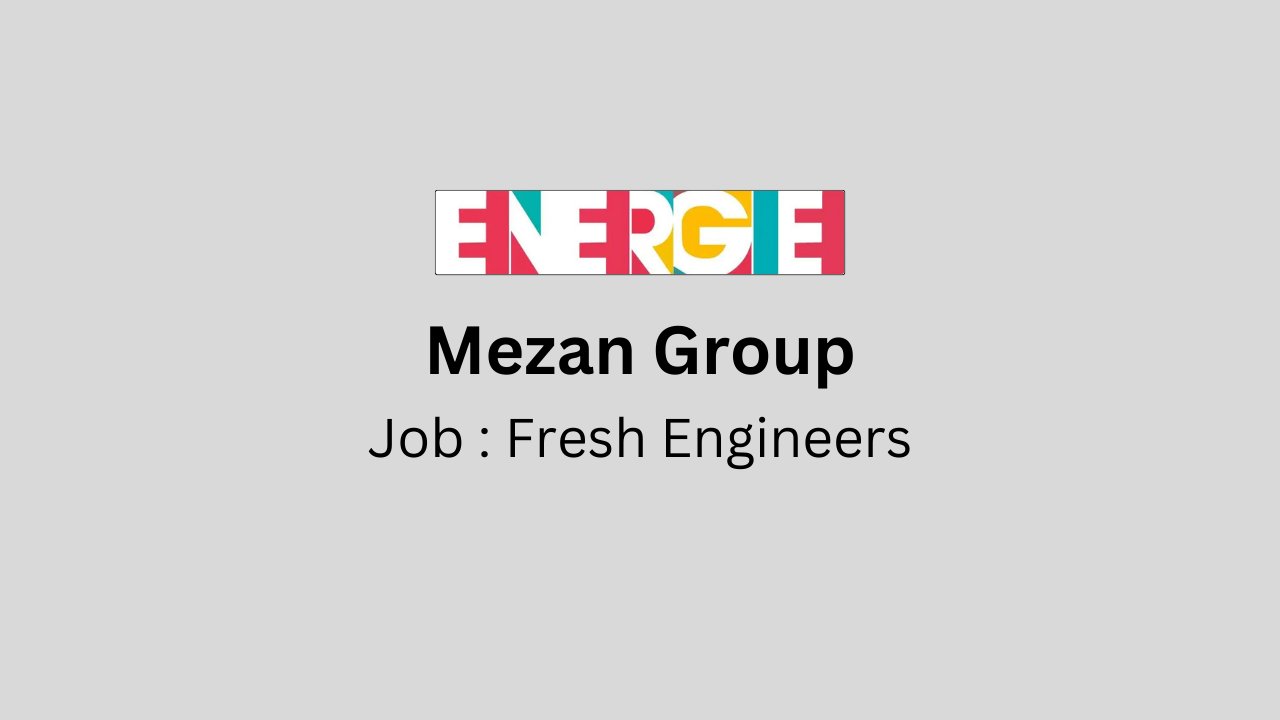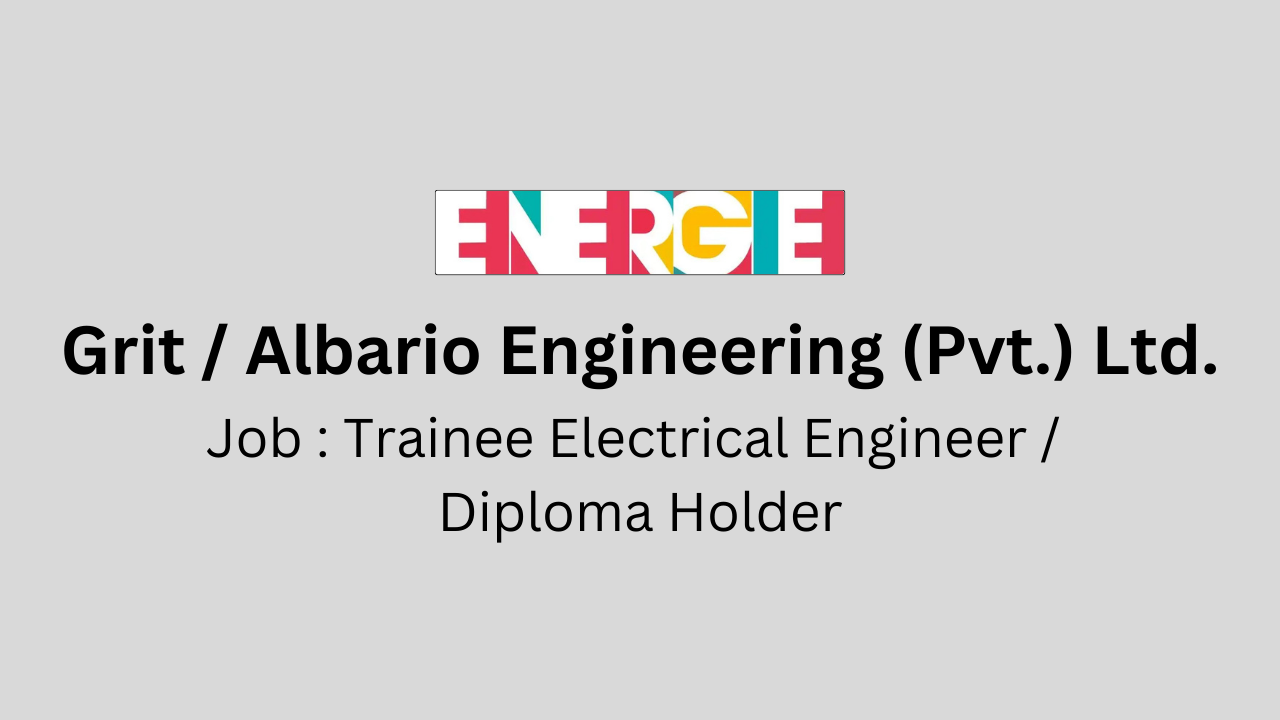Fund Your Research in Germany: Discover Opportunities Beyond DAAD and DFG
Company Name: A Collective of Public, Private, and Academic Institutions
Position Title: Opportunities for Graduate, PhD, and Postdoctoral Scholars
Location: Germany (Various Cities – Berlin, Munich, Heidelberg, Frankfurt, Aachen, etc.)
Industry: Higher Education / Scientific Research / Public & Private Research Funding
Employment Type: Fellowships, Scholarships, Research Grants (Full-Time Research Roles)
Last Date to Apply: August 7, 2025
Apply Link: https://lnkd.in/dw6APB9
Official Website: https://www.einexsolutions.com
Germany is widely recognized as a global hub for academic and scientific research. Its education system, research infrastructure, and funding mechanisms make it a prime destination for graduate students, doctoral candidates, and postdoctoral researchers. However, many aspiring scholars tend to focus solely on the big names—DAAD, DFG, and the Humboldt Foundation—while overlooking a broader landscape of powerful funding options.
In this blog, we’ll break down how Germany funds research, spotlight alternative avenues of financial support, and help you understand how to explore hidden funding sources that might be perfect for your next academic venture.
Job Offering Company Introduction
Germany isn’t just a place of ideas—it’s a nation that backs its ideas with resources. Public policy, industry collaboration, and university autonomy make it one of the most research-friendly countries in the world. Institutions ranging from global corporations to regional governments support research for both domestic and international students.
Let’s start by understanding the big players. The German Academic Exchange Service (DAAD) is the world’s largest funding organization supporting international students and researchers. Each year, DAAD awards scholarships and grants to tens of thousands of students and academics in over 100 countries. Its offerings span from language courses to full PhD sponsorships.
Then comes the German Research Foundation (DFG), which is the main self-governing research funding body in Germany. DFG focuses on funding high-quality, peer-reviewed research across all disciplines. They offer collaborative research centers, individual grants, and even long-term research funding.
However, many researchers don’t realize that Germany’s funding ecosystem goes far beyond DAAD and DFG. Non-university research institutions like the Max Planck Society, Fraunhofer Institutes, Leibniz Association, and Helmholtz Association are central to Germany’s research and innovation culture. These organizations hire thousands of international researchers annually, often with full-time, salaried positions. Most funding here comes through institutional budgets and public-sector wage agreements, which means fair pay and stable conditions.
Technical universities and large public universities such as RWTH Aachen, TU Munich, and Heidelberg University have internal scholarships, travel grants, and collaborative industry research projects that often go unnoticed. Their websites may list “international cooperation” or “graduate schools” that host fully funded positions, especially in STEM fields.
Add to that a rich network of private foundations—like VolkswagenStiftung, Boehringer Ingelheim Fonds, Robert Bosch Stiftung, and the BMW Foundation—which fund research fellowships, thematic projects, and cross-border innovation.
Finally, there’s the private sector. Germany is home to industrial giants like Siemens, BASF, and SAP that invest heavily in research partnerships with universities and institutes. While these opportunities may not always appear on job boards or scholarship platforms, they often exist within R&D departments and innovation labs.
In short, Germany’s research landscape is a web of interlinked actors: universities, research institutes, private foundations, and public authorities—each offering unique funding routes that can kickstart or elevate your academic journey.
Job Description
Let’s imagine the funding ecosystem as a series of “positions” or “roles” you can apply for—whether you’re a Master’s student, a PhD candidate, or a postdoc. Each comes with a different set of deliverables, timelines, and support systems.
If you are applying for graduate funding, most opportunities focus on course tuition, living stipends, and research-related travel costs. DAAD and university-specific grants (like those from TU Dresden or Freie Universität Berlin) often support international Master’s programs in English.
As a PhD candidate, your funding will likely come in one of three forms:
- Structured PhD programs with salary-based positions (e.g., via the International Max Planck Research Schools).
- Individual doctoral fellowships from private foundations like Boehringer Ingelheim or Konrad-Adenauer-Stiftung.
- Research assistantships tied to faculty projects or collaborative clusters funded by the DFG.
Postdoctoral researchers have the most flexibility. The DFG’s Walter Benjamin Programme, Helmholtz Young Investigators Groups, and ERC Starting Grants (administered through German institutions) offer multi-year funding with mentorship and lab access. Many universities also offer their own tenure-track junior professorships backed by federal and state funds.
The most overlooked opportunities are in state-level programs (e.g., Bavaria’s BayHOST scholarships), international fellowships (e.g., Bundestag’s IPS or DLR’s research programs), and industry-embedded research positions (e.g., SAP Innovation Labs or Siemens Corporate Technology). These don’t always require you to have prior contacts or advanced German language skills.
Also, keep an eye out for:
- Joint research projects between German and foreign institutions
- EU-funded programs (like Marie Skłodowska-Curie Actions)
- Thematic calls (e.g., sustainable energy, artificial intelligence, medical tech)
Each opportunity will have its own “job description,” including expectations like publishing, teaching, attending conferences, or conducting fieldwork. Make sure you tailor your proposal, CV, and research plan to reflect the specific values and themes of the funding body.
Eligibility Criteria
Eligibility varies depending on the funding source, research field, and academic level. However, there are some universal expectations you’ll need to meet.
For graduate-level scholarships:
- A strong undergraduate academic record (typically above 3.5 GPA or equivalent)
- Admission or conditional offer to a recognized German university
- English proficiency (IELTS, TOEFL) or German proficiency, depending on the program language
- A clear statement of purpose and study plan
For PhD and doctoral fellowships:
- A completed Master’s degree in a relevant field
- Demonstrated research capability (e.g., thesis, publications)
- A detailed research proposal aligned with the host institution’s expertise
- A supervisor (Doktorvater/Doktormutter) or hosting institute in Germany
- References from academic advisors or employers
For postdoctoral and advanced research positions:
- A completed doctorate with publications in peer-reviewed journals
- Proven track record in independent research
- Collaboration proposals or institutional letters of support
- In some cases, prior experience supervising students or managing labs
- Willingness to relocate or travel frequently
Beyond academic qualifications, soft skills matter too:
- Clear communication and writing skills
- Cross-cultural adaptability
- Ability to work independently and manage time effectively
- Flexibility in working across disciplines or with non-academic partners (industry, NGOs)
Certain foundations have additional criteria:
- Religious or ideological affiliations (e.g., Catholic or Protestant foundations)
- Regional origin (some foundations target Global South researchers)
- Societal impact or innovation potential
Finally, remember that funding is competitive—often with hundreds of applicants per call. What sets you apart is a coherent, realistic, and impactful proposal. Align your research goals with the mission of the funder. And always check the official website or contact the program officer for clarity before applying.
Location
These opportunities are based across Germany, with key locations including:
- Berlin (home to DFG, Humboldt Foundation, and major universities)
- Munich (TU Munich, Helmholtz Zentrum, Fraunhofer institutes)
- Bonn (DAAD headquarters, BMBF offices)
- Heidelberg, Aachen, Dresden, Hamburg, and Leipzig (for university and private foundation fellowships)
If your funding is tied to a research institute or university, your host city will often be determined by your supervisor’s affiliation.
Last Date to Apply
Deadlines vary, but most fall between September and March for the upcoming academic year. As of now, you should prepare your application materials by August 10, 2025, for most fall intake deadlines.
Always check the individual websites of funders for the exact dates.
Apply Link
Ready to dig into funding details? Start with this official portal that curates Germany-wide research funding options:
👉 https://www.research-in-germany.org/funding
Also, explore the following:
- DAAD Scholarships: https://www.daad.de/en/
- DFG Programs: https://www.dfg.de/en/
- Max Planck Jobs: https://www.mpg.de/jobboard
- Helmholtz Association: https://www.helmholtz.de/en/jobs_talent/
- VolkswagenStiftung Calls: https://www.volkswagenstiftung.de/en
Stay updated with the latest Job, Internship, Scholarship, and Course opportunities right here.
Explore More Opportunities
Stay updated with the latest:
Join our community and take your engineering career to the next level.

